Is Oat Milk Gluten Free?

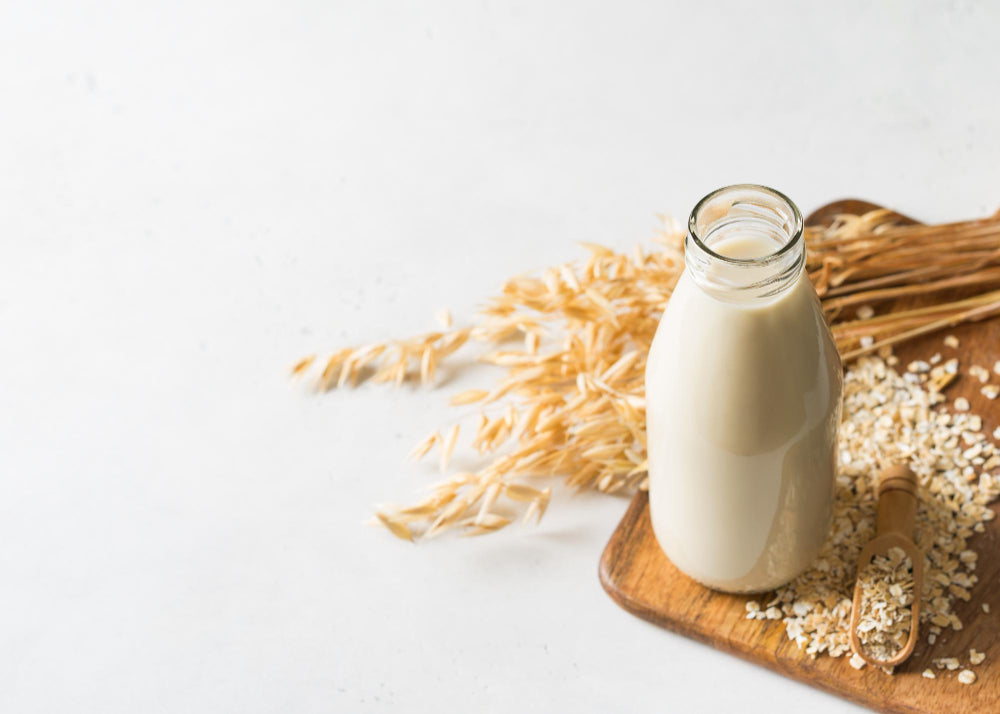
Related products
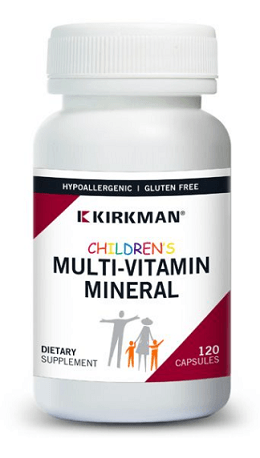
Oat milk, a widely used plant-based alternative to cow’s milk, is very popular with those avoiding animal products or lactose. The procedure includes blending water and whole oats and then sieving the mixture where it preserves several nutrients found in oats like fibre and certain vitamins. However, for some consumers, the main issue is whether oat milk is gluten-free.
Are Oats Gluten-Free?
Yes, oats are certainly gluten-free but what happens when oats come in contact with cereals containing gluten while being harvested, processed or transported? Dr James Cook, a gastroenterology specialist from Bristol University says “The main concern about oats and oat products isn’t actually the oats themselves but rather the contamination risk by grains containing gluten”
Gluten-Free Certification
To be considered genuinely gluten-free, oat milk must be made from certified gluten-free oats. This certification guarantees that the crops have been cultivated, processed and packed so as to avoid any mix-up with other cereals having gluten particles. According to Coeliac UK regulations, foods labelled as “gluten-free” cannot contain more than 20 parts per million (PPM) of this protein. This limit is generally safe for people with coeliac disease or sensitivity to gluten.
What Should Consumers Consider?
When choosing oat milk, shoppers with coeliac disease or gluten intolerance should look for a gluten-free certification label. “Make sure to check the credentials because some brands of oat milk are not made from certified gluten-free oats,” recommended Alice Bennett, PhD, RD who is a clinical dietitian specialising in allergies.
What are the Cross-Contamination Risks of Oat Milk?
Cross-contamination is an important issue when it comes to the manufacture of oat milk. Gluten can be accidentally introduced into oats from other grains during processing at facilities that handle more than one grain. This risk therefore requires strict controls and testing. The European Journal of Clinical Nutrition reports on a case where some unlabelled samples contained different amounts of gluten thus making them unsafe for people intolerant to gluten.
The Importance of Certification
Certification does not only put consumers’ minds at rest but also guarantees safety in consuming oat milk. When being certified as gluten-free products, these kinds are subjected to rigorous testing to ensure that they meet all the requirements associated with this status. Emma Clarke—a food safety expert—puts it succinctly: “To have reliable and safe-to-consume gluten-free foods in the market necessitates appropriate certification processes and protocols.” According to her, there is no way a customer without this guarantee will know whether their oat milk contains gluten or not.

People Also Ask
Can I drink oat milk if I'm gluten-free?
Yes, you can drink oat milk if you are gluten-free, but it is essential to choose oat milk that is labelled and certified as gluten-free to avoid cross-contamination with gluten-containing grains.
Which oat milks in the UK are gluten-free?
In the UK, several brands offer gluten-free oat milk, including:
- Glebe Farm
- Rude Health (only certain products)
- Nush
- Minor Figures (ensure to check labels for certification)
Is Alpro oat milk gluten-free?
No, Alpro oat milk is not certified gluten-free. Alpro does not guarantee that their oat milk is free from gluten contamination.
Is Oatly really gluten-free?
Yes, Oatly offers gluten-free options that are certified. Look for the packaging labelled specifically as "gluten-free" to ensure you are choosing the safe version.
Conclusion
Oats are naturally gluten-free, however, it is important to buy products like milk from a trusted supplier, as cross-contamination is possible. Be sure to check the oat milk labels to confirm that they are gluten-free if you are gluten intolerant or have coeliac disease. For other milk alternatives continue to learn more about Lactose Free Milk: Is it Better Than Regular Milk?







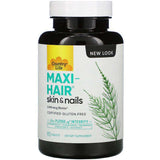
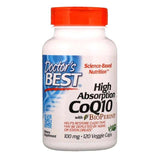
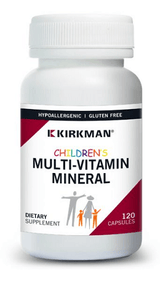
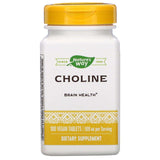
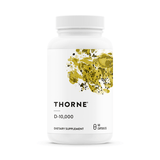
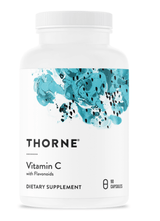

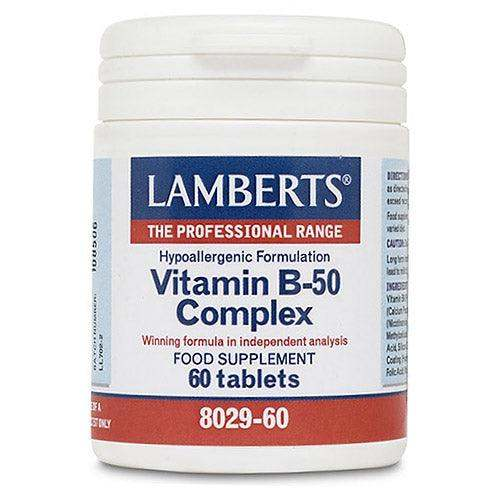
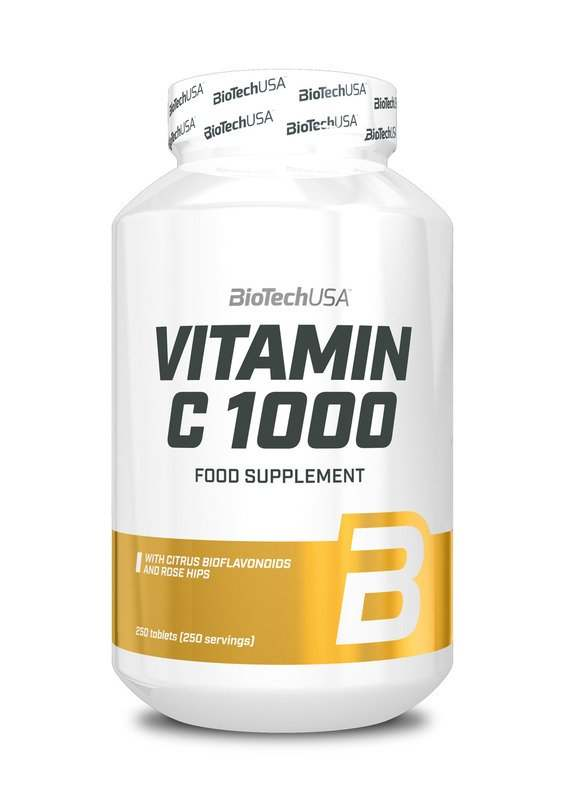
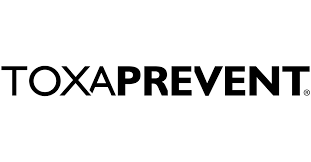
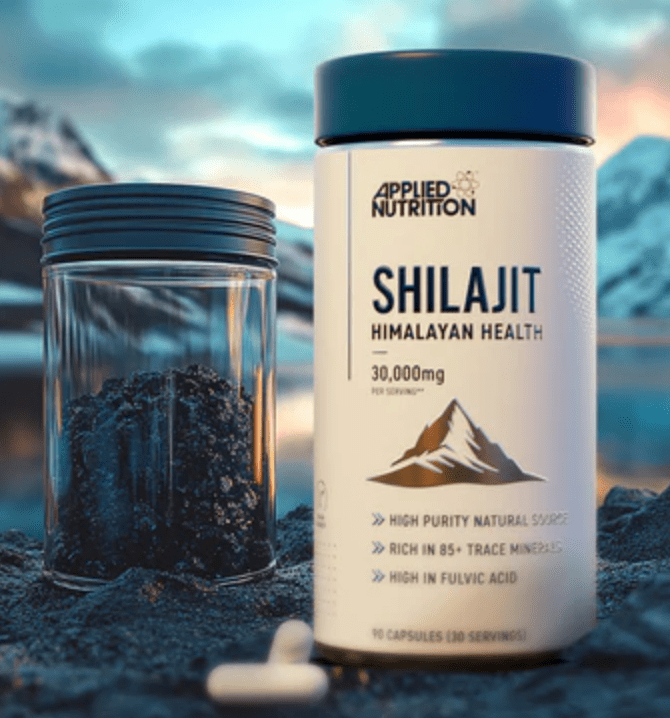

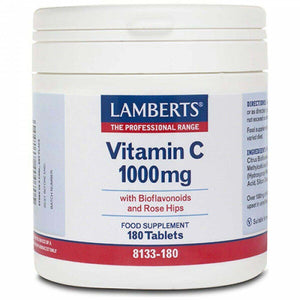



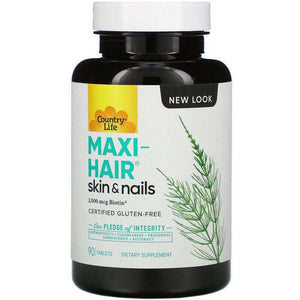
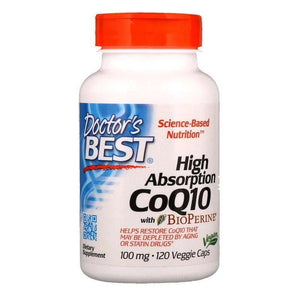
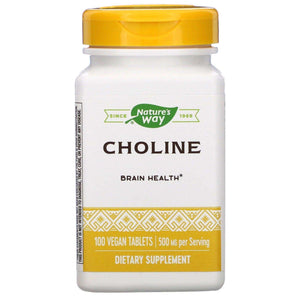
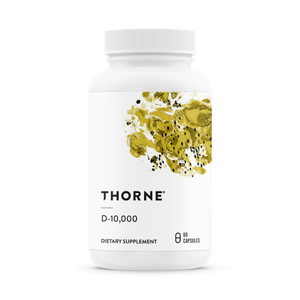
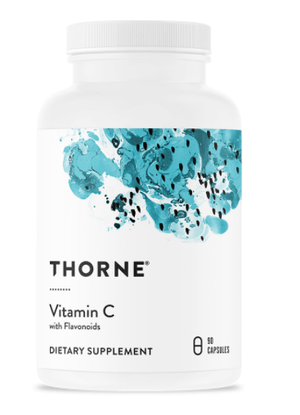
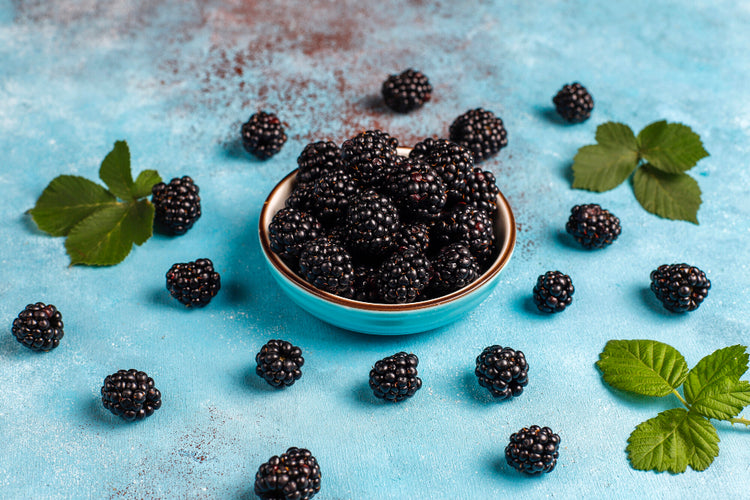


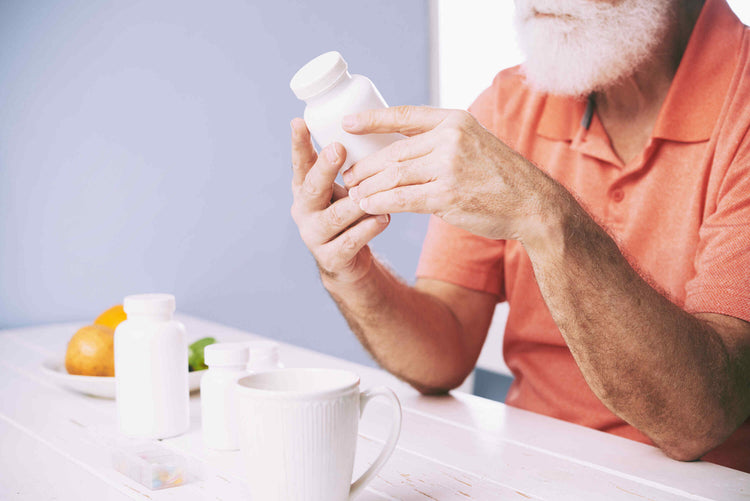
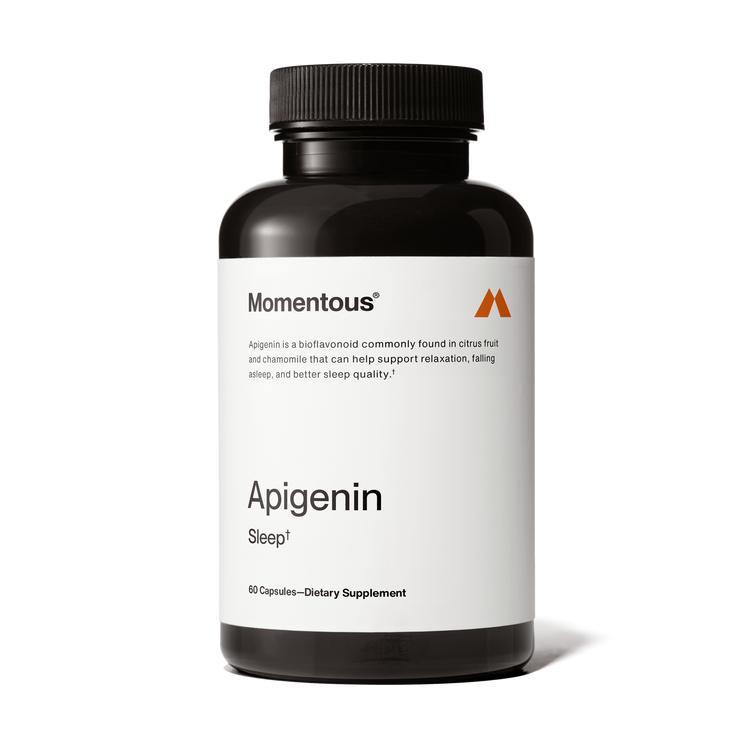

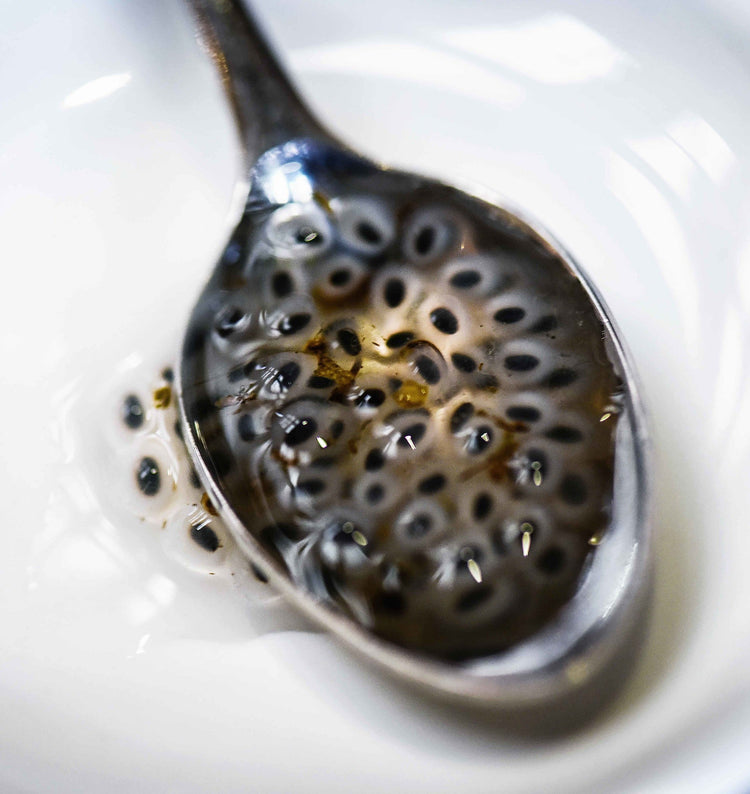
 Rated Excellent by 26,523+ Reviews
Rated Excellent by 26,523+ Reviews